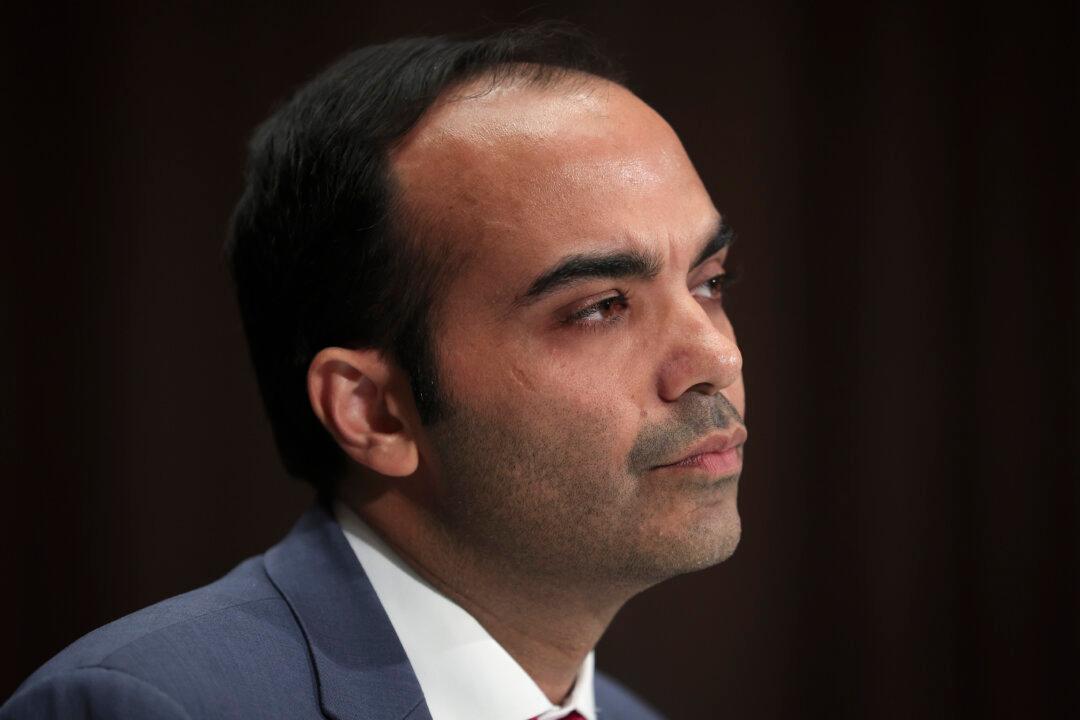The funding stream for the Consumer Financial Protection Bureau (CFPB), created by Congress and approved by then-President Barack Obama in 2008, is unconstitutional, a U.S. appeals court ruled on Oct. 19.
The bureau, which has a mission to implement and enforce federal consumer finance law, was given the power to oversee 18 federal laws, ranging from those covering credit cards to those covering student loans. It’s funded by the Federal Reserve, as opposed to the typical funding stream of periodic congressional appropriations.





